In recent months I’ve treated several horses with the same patterns in the body and the same primary cause… the hooves!
I have treated some of these horses 2 or 3 times and keep coming back to the same issues. If the hooves are sore,long or uneven, there is only so much bodywork can do! I can release the tension today but if the hooves don’t change the same patterns will return. It’s just a matter of time!
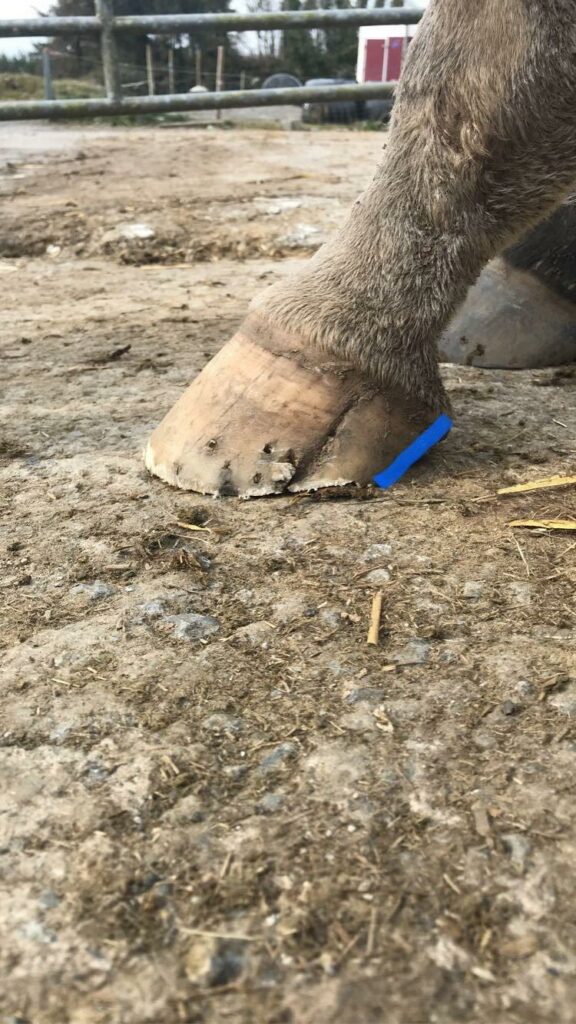
Good hoof care should be a non-negotiable when it comes to owning horses! Whether the horse is barefoot or shod, hooves still need to be trimmed on a regular basis.
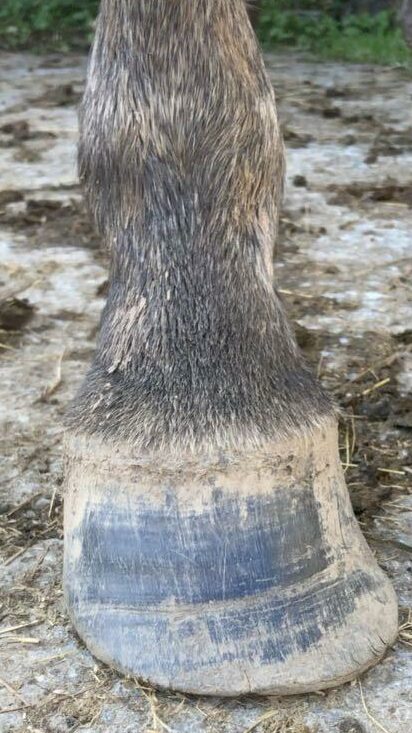
Every horse owner should make it their business to know what a healthy hoof looks like.
Some things to look out for:
Length – how long is normal for your horse’s hooves? How fast do the hooves grow?
Thrush – Is there a smell when you pick up your horse’s feet? Is there a deep hole in the frog? Is dirt getting in?
Even – Are both feet (front and back) even in length and shape? Does one flare more than the other? Is the inside higher or lower than the outside?
Abscess – Any old abscesses growing down the hoof?
Contracted heels – This one I see a lot! Do the heels look squashed or spacious?
Rings – Are there horizontal rings around the hooves? This could be a sign of a sudden change in diet/management etc
Cracks – Are there any cracks on the hooves? Vertical or horizontal?
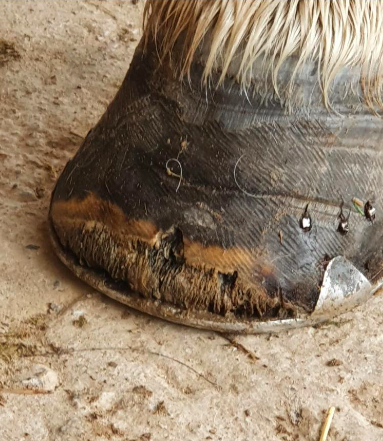
Basic horse care tips
Nutrition – This is key when it comes to hooves! All horses should have hay most of the day, they should never go longer than 4 hours without food. Feed a good balancer and avoid sugar and yeast! For more specific feeding advice contact an equine nutritionist.
Movement – Another key to hoof health (and joint health as well as everything else)! Movement on a variety of surfaces helps horses to naturally trim their own feet and harden them up.
Stabling – Mucking out stables isn’t just for show. If horses are standing in wet or dirty stables they will develop thrush or other hoof problems.
If horses must be stabled they should get out for exercise every day, even if it’s only a run around the arena!
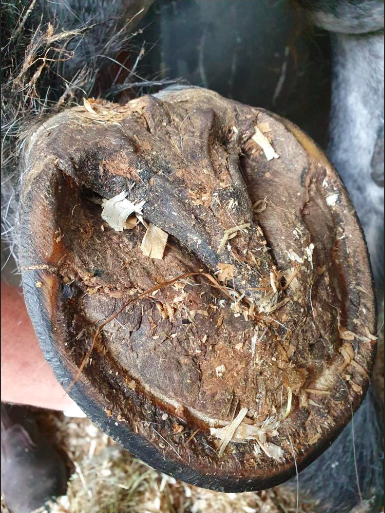
General indicators of hoof issues in the body
Overdeveloped pectoral muscles
Sudden lameness
Heat in the hoof
Resistance to movement
Strong digital pulse
Shifting weight
Standing with legs out in front of the body
Standing with all four legs under the body
Lower back pain
Lying down more frequently
Tendon issues
I’m well aware of the fact that life happens and things don’t always go to plan. Trim cycles, nutrition or mucking out can all get out of hand and that’s ok but we should get back on top of it as soon as we can.
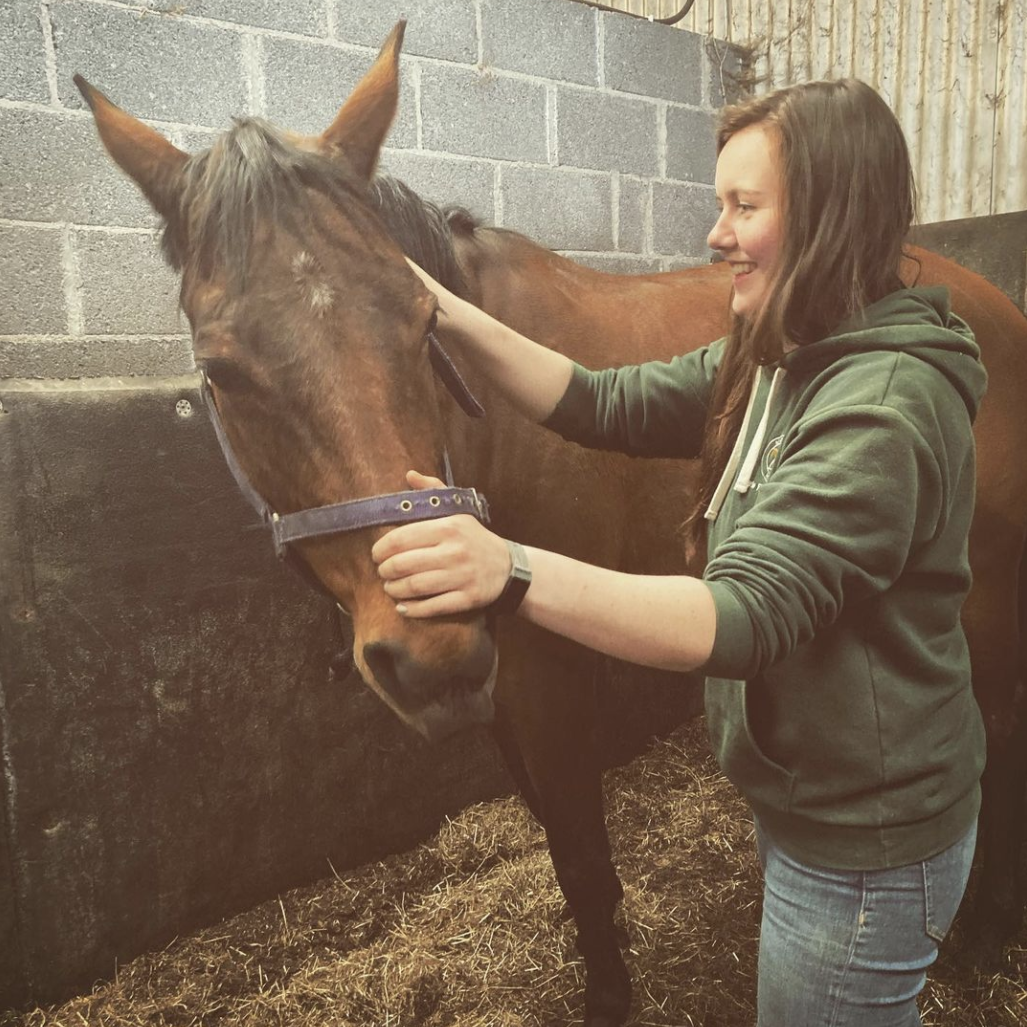

Share
Your subscription is 100% Free for our first year, No credit card details required.

The Judging Concerns That Keep Coming Back — And Why They Can’t Be Ignored Anymore We didn’t make it to
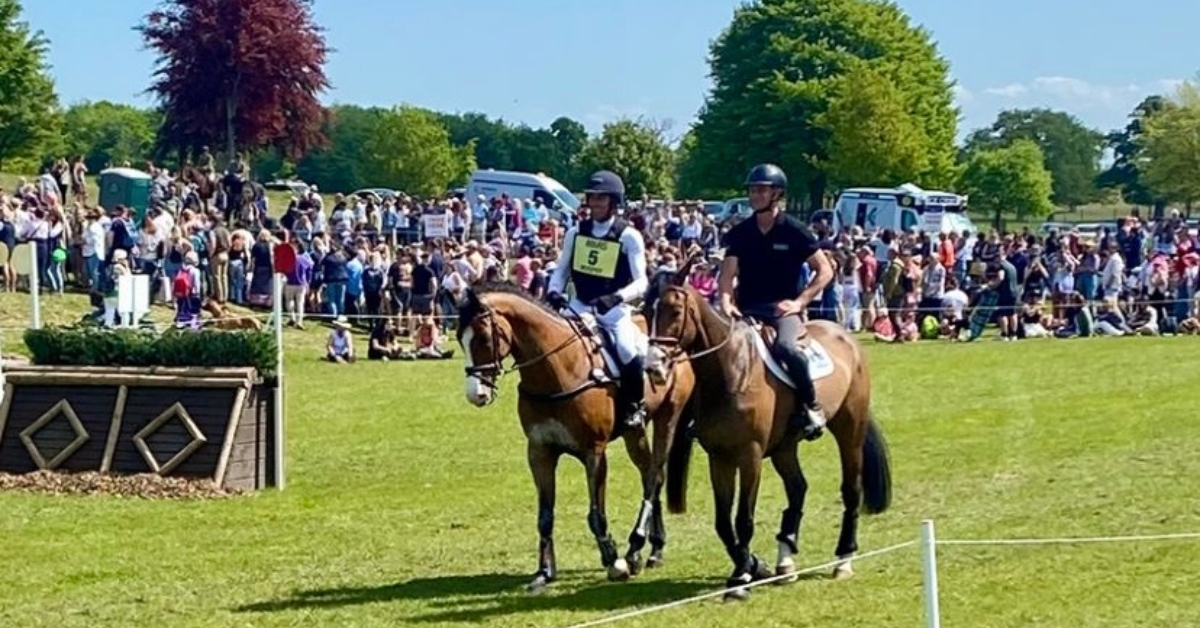
There are few sporting events that live up to the hype. Wimbledon? Too many strawberries. Cheltenham? Too many suits. But
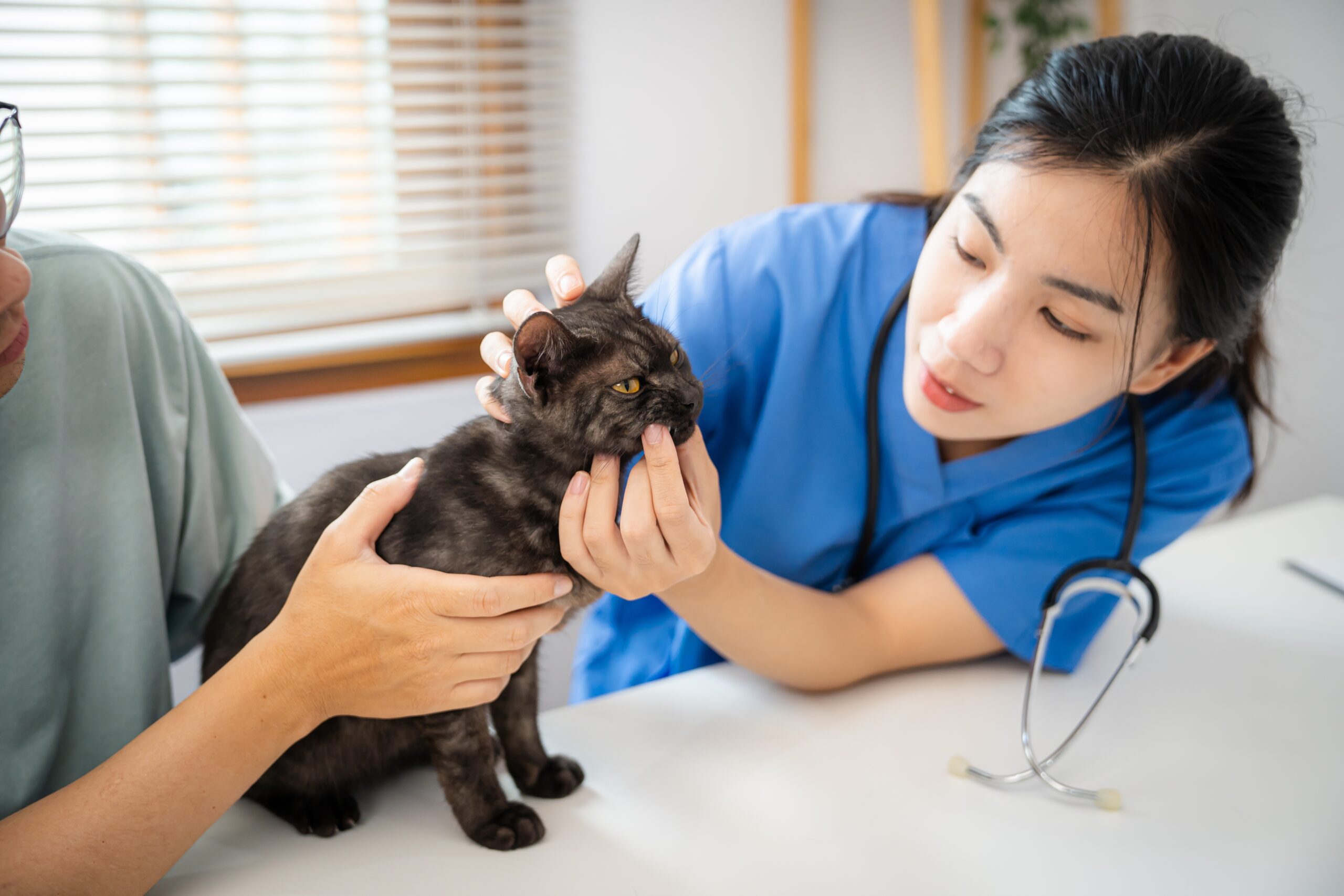
British Veterinary Association publishes full response to Competition and Markets Authority’s proposed remedies for veterinary market for household pets. The